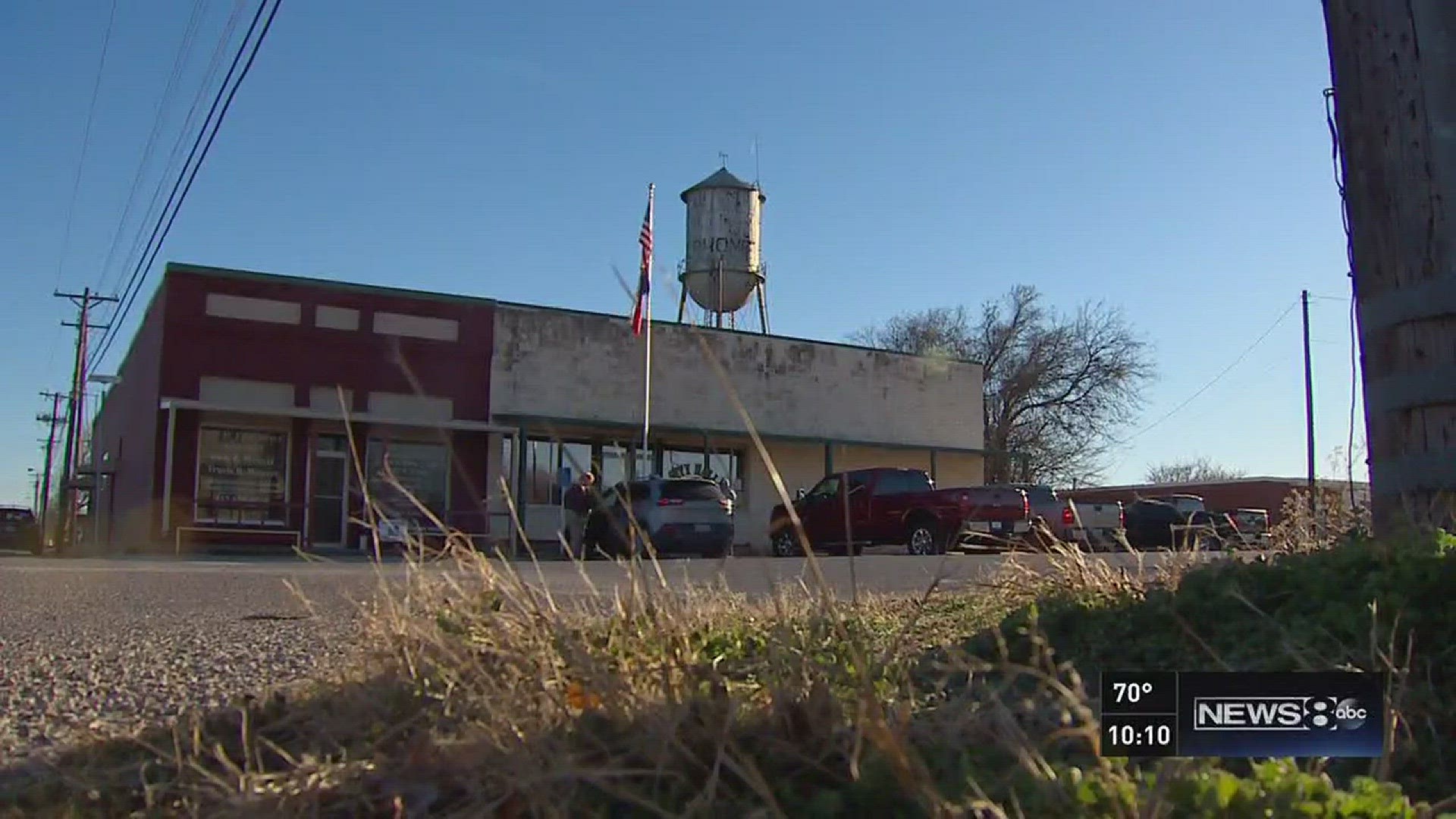RHOME, Texas — At least 23 Texas towns have now repealed local sex offender ordinances after the threat of legal action forced many to strip their laws, or end up in court.
Earlier this year, the small Wise County town of Rhome repealed its ordinance.
Mayor Michelle Pittman says as a "general law" community of less than 5,000 people, they were informed by lawyers for Texas Voices for Justice and Reason they didn't have the power to have a local law on the books.
The threat of a lawsuit was too much.
"Any litigation has a financial impact,” she said. “Our big concern was whether we could bear that, being a small city.”
Parents like Jennifer Peek say they are equal parts stunned and angry to learn there is no longer an ordinance that prevents convicted offenders from living within 1,500 feet of a school or playground.
"I'm sorry that our concern isn’t more with the safety of our children, rather than the freedom of a sex offender," she said.
News 8 has been following the story for months, ever since the town of Alvarado in Johnson County hinted last year it may face a legal challenge over part of its ordinance.
In January, even more towns started to repeal their laws, while others decided to fight the lawsuits.
Attorney Richard Gladden, who filed on behalf of Texas Voices, says about two dozen towns have fully repealed local laws dictating everything from where sex offenders can live to if they need to post sex offender signs during holidays like Halloween.
The lawsuits cite a little-read 2007 legal opinion from then-Attorney General Greg Abbott, who wrote that general law towns “…may not adopt an ordinance restricting where a registered sex offender may live” because they don’t have constitutional authority to do so.
Home-rule cities — those with populations over 5,000 - aren't impacted.
In Eustice, Texas, about 60 miles southeast of Dallas, they have long discussed a local ordinance. But Mayor Elicia Sanders say they fear as a town of only 1,000, they, too, would be sued.
She says parents have voiced concerns, especially since James Cassels - convicted of sexually abusing a 5-year-old boy in Alaska - recently moved across the street from the local ISD campus.
"Small town kids are just as valuable and precious as big city kids,” Mayor Sanders said. “[Residents] don't understand why big city kids get safety zones and small town kids don't get 'em.”
She concedes that there have been no reported issues with Cassels since he relocated to town. His mother says he is trying to find a new place to live.
Josh Gravens, a criminal justice reform advocate who is also a registered sex offender, says residency restrictions continue to be problematic.
"Let's be real about what these ordinances are: they are about banishment," Gravens said. "They don't stem child sex abuse whatsoever."
He points out in some small towns, it's almost impossible for a registered sex offender to not be within 1,500 or 2,000 feet of a playground, school, or a church with a daycare.
"They would be breaking the law all of the time," Gravens said.
The issue actually caught the eye of lawmakers last session in Austin, but the bill died on the house floor.
Rep. Matt Krause says next year, lawmakers should finally address the issue. He has heard of colleagues eager to push for legislation, and says he may draft something himself.
"I had never thought about it," he said. "It's concerning, and the legislature needs to take a look at it."
In North Texas alone, towns like Hutchins, Alvarado, Justin, and Rhome have repealed ordinances. Others cities, like Krum, Argyle, and Westworth Village are fighting the lawsuits.
The governor's office declined to comment on the issue.
The lawsuits have no impact on restrictions imposed by the courts on where an offender may live as part of their probation or parole.
For a list of convicted sex offenders in any Texas community, you can find the state's registry at this link.

